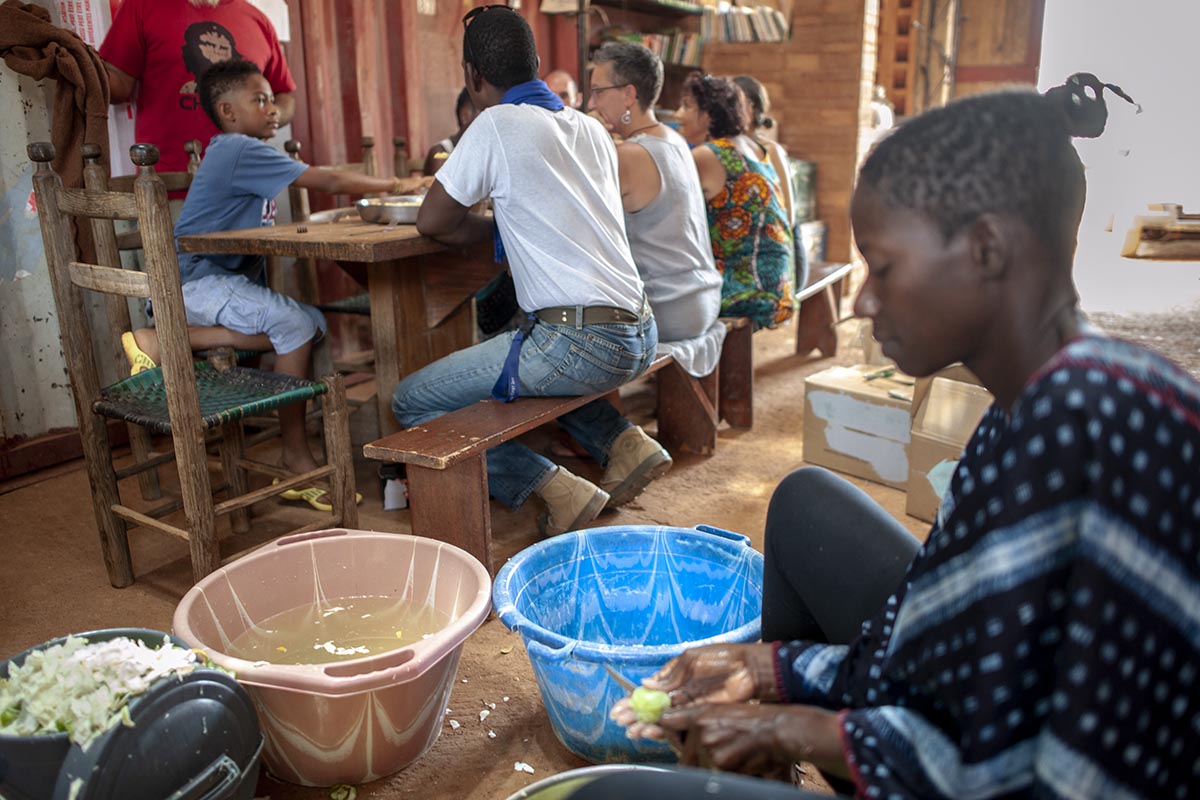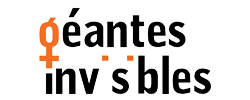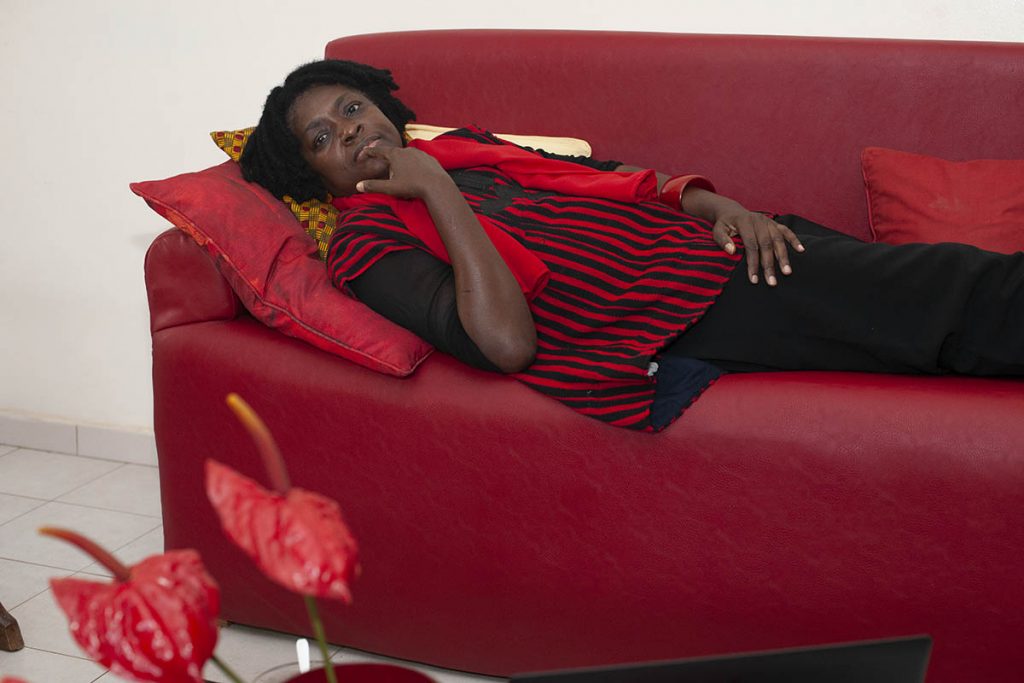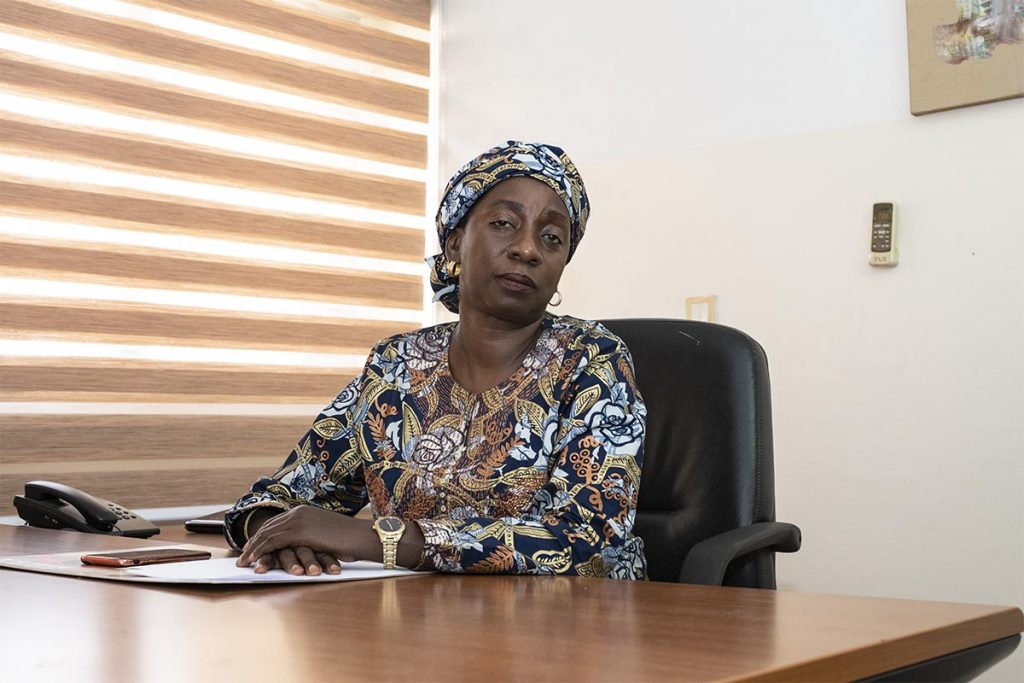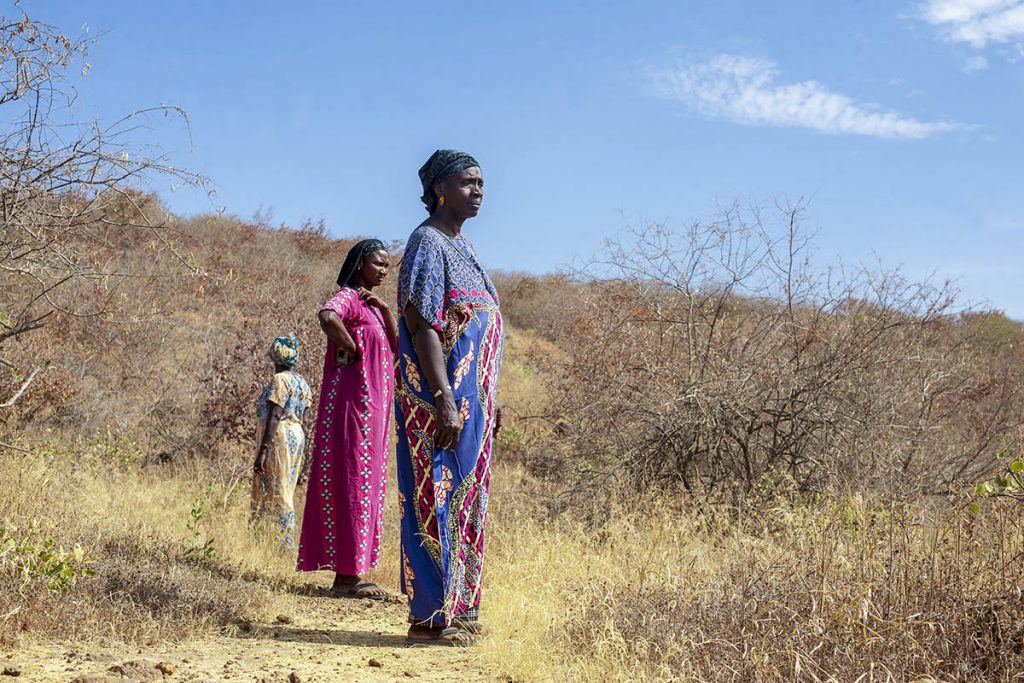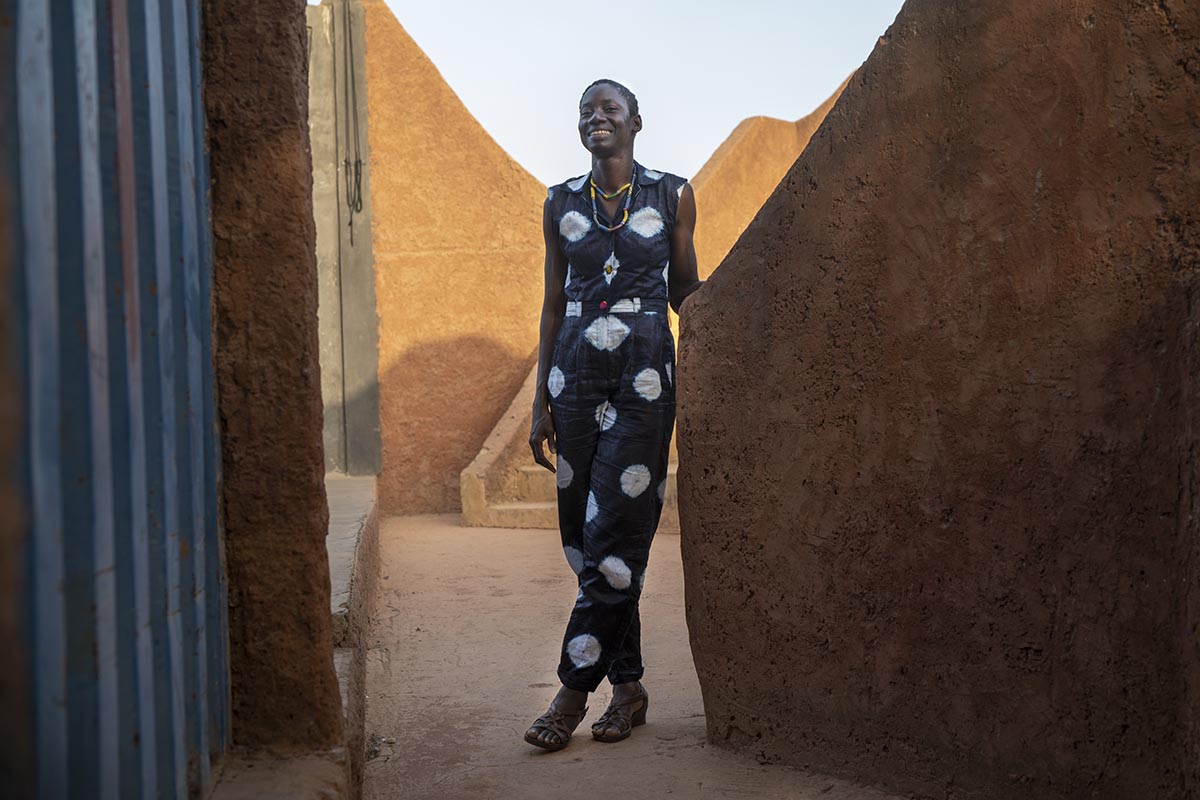
Patricia Gomis
Of Theater and of Joy
Giant artist, comedian, juggler and clown…with a big heart and passion for children, works on protecting and educating them for a brighter future
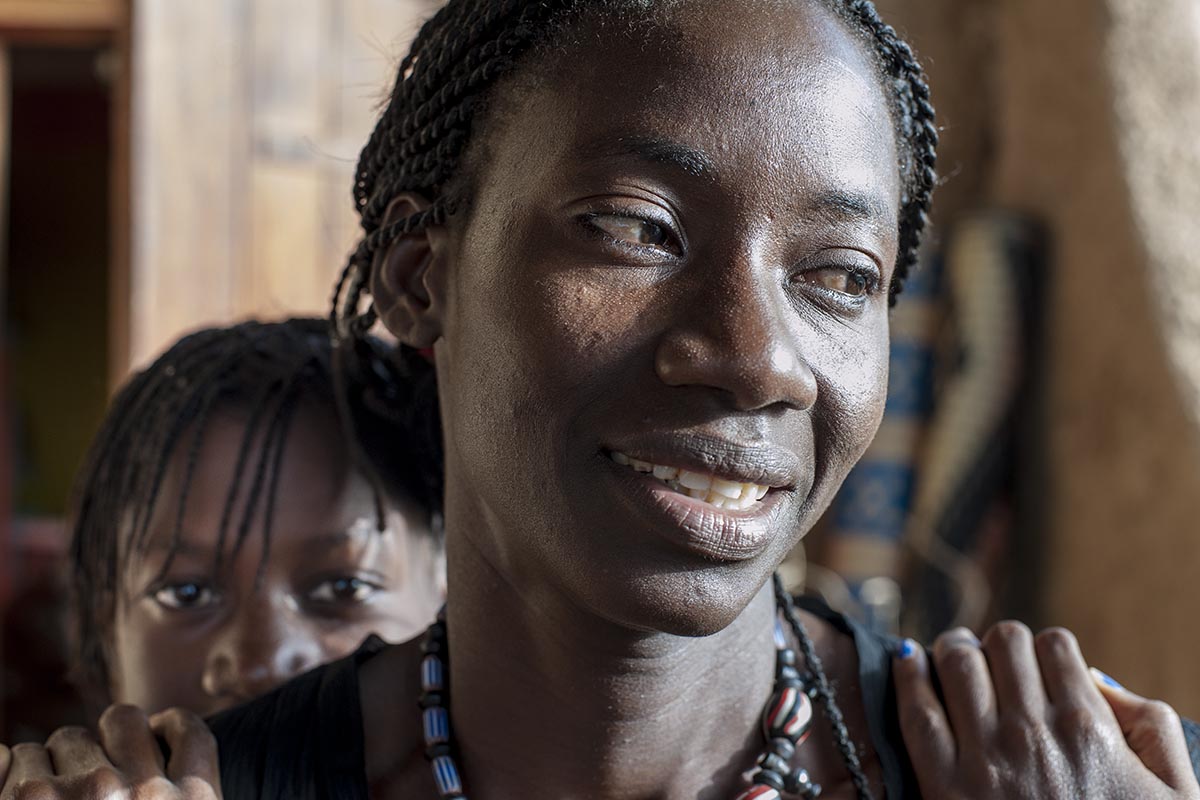
In 1994, Patricia Gomis discovered her passion for theater by accident. In Dakar, she participated in a workshop led by playwright Omar Ndao and Brazilian director Marcia de Castro: “We put together a little story that we played at the Fann Hospital and it touched me so much that I decided not to do anything else but theater for children.” Her vocation came to light!
This initiation allowed her to obtain a grant from the French Cultural Center to develop her skills in Paris during the Radka Riaskova theater expression. During this stay, she met the director Ariane Mnouchkine and Alain Blanchard, masters in the art of mime and Clown Theater.
Back in Dakar, she met with her friends Marcia de Castro and together they created “Côté Jardin”, the first clown company in Senegal and toured the continent (West and Central Africa) and internationally, performing sketches in schools, hospitals and orphanages.
In 2005, she created the association and company Djarama with her husband and brothers, and later in 2015, the DjaramArt center, dedicated to Arts for Youth.
It is in the surrounding areas of Toubab Dialaw that Patricia, her family and her tribe of utopians, and their association Djarama, have made their home together sharing the joy of living.
This happens at their home, the community elementary school, their residence for artists and performers. They even use a magnificent outdoor theater in perfect communion with nature and animals. She has chosen to dedicate her life to the awakening of youth through education, arts and culture, agroecology and the protection of the environment…
The community school is a great success and is adding classes every year or two. There are a lot of school programs facilitated by permanent staff members passionate about their profession, and specialized volunteers who come to lend a hand. A vegetable garden is partly cultivated by the children, in order to teach them the importance of Mother Earth and the solidarity economy. This educational framework is designed outside the common approach, allowing children to be happy by respecting the uniqueness of each child while helping them be more aware, motivated and active in their own lives. Ce cadre éducatif hors du commun permet aux enfants de s’épanouir dans le respect de la spécificité de chacun, d’être conscients, motivés et acteurs de leur propre vie.
The association often presents shows for children with national or international companies; there are regular theater workshops, juggling workshops or clowning arts, festivals and awareness days for the parents and the students.
More than just a space, the Djarama concession is first and foremost a lifestyle: “I have understood, since the age of twenty, that I had a choice. From that moment on, I changed my life. I decided to perform theater for children. I chose my husband. I chose my profession not as a job to earn money
but work to fulfill myself as a human being.”
A colorful and totally free DjaramArt festival takes place every year in Dakar and in the streets of Ndayane, which is a great joy for underprivileged children.
Patricia is committed to the future of children, especially the children of Africa confronted with harsh realities and child begging. She is constantly looking for ways to give them ideas to empower themselves. The subjects of her shows are designed to make children think as actors and take responsibility for their future world: “To be an artist is first of all to be someone who awakens consciences. All our shows deal with very strong or taboo subjects: excision, early marriage, girls’ access to school, child begging, or the environment.”
It is in preparing her annual jams with her harvest of lemons that she indulges on her choice to live in a community.
“We try to live with the awareness that we are in a country where we don’t have everything. So we don’t live beyond our means, we don’t look for money to have beautiful cars. We simply live with the essentials, to be with the people who are dear to us.”
And she puts into practice everything she teaches the children: composting, producing a minimum of waste, organic agriculture, food autonomy, using alternative and renewable energy.
